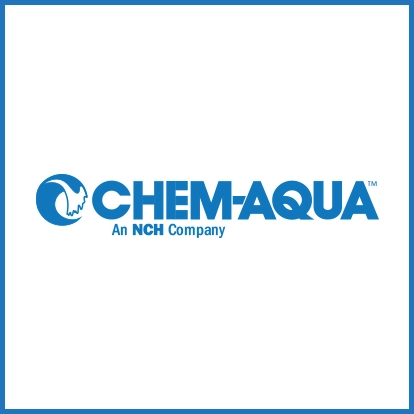The High Cost of Boiler Scale: The Importance of Good Water Treatment
Boiler scale is a significant issue impacting energy efficiency and operational costs in various industries. In a brief segment from Chem-Aqua‘s series “Water Solutions,” some light was shed on the costly consequences of scale deposits in steam boilers. Host Gabrielle Bejarano emphasized the imminence of effective water treatment strategies to mitigate these costs.
In the episode, Bejarano further discussed the intricacies of boiler scale, its formation, and the resulting inefficiencies. This gave a look into how scale deposits act as insulators, reducing heat transfer efficiency, and leading to increased fuel usage, higher maintenance needs, and potential equipment failure. These challenges highlight the value of Chem-Aqua’s century-long expertise in water treatment, offering viewers actionable solutions to optimize boiler performance and longevity.




